Seszták István
A Görögkatolikus Metropólia – elmúlt – hét éve, az alapítástól az első metropóliai gyűlésig, különös tekintettel a metropóliai intézményekre és az egyházmegyék együttműködésére
Tartalom
István Seszták: The Past Seven Years of the Greek Catholic Metropolitanate – from Its Foundation to the First Metropolitan Assembly – with Special Emphasis on Metropolitan Institutions as Well as on Cooperation Between the Eparchies Metropolitan Churches sui iuris must hold a Metropolitan Assembly every five years. Thanks to the decision of Pope Francis, the Hungarian Greek Catholic Church became a Metropolitan Church in 2015. However, the recent pandemic did not permit such an assembly to be held at an earlier date. Although the announcement about the creation of the Greek Catholic Metropolitanate (Metropolitan Church sui iuris of Hungary) during the nationwide tour of the miraculous icon of Máriapócs associated with the 300th anniversary of its 1715 weeping may have come as a surprise to many, it could also be seen as the miracle of the Theotokos in a sense. The first seven years of the Metropolitanate may be regarded as a time of more or less conscious preparation, full of opportunities and challenges, which taught us to strengthen the three autonomous Eparchies (Hajdúdorog, Miskolc and Nyíregyháza), as well as to discover the real meaning of the Metropolitanate, along with levels of its operation and development, all at the same time. It appears that cooperation within the Greek Catholic Church – and specifically between the three Eparchies – chiefly depends on whether we can pay attention to one another, as well as serve together and for the benefit of others during this preparatory process. This seems most imperative in three areas, in terms of drafting uniform provisions and guidelines. Firstly, these primarily liturgical prescriptions and regulations function as guarantees ensuring that members of the Christian faithful may respond to the ‘divine call’ appropriately in the course of their life-long earthly pilgrimage. Secondly, this involves operating the individual institutions of the Hungarian Greek Catholic Church with a heightened sense of shared responsibility. Thirdly, this presupposes shared experiences – including even instances of experiencing God – increasing one’s sense of belonging to a single flock and a single Church.
Despite the concomitant struggles and frailties, the first seven years of the Metropolitanate have been a period aimed at laying the foundation, which may be ultimately none other than Christ Himself: the secure basis upon which the house – the Christian community, with the community of Hungary’s Greek Catholics forming part of it – may be built.
